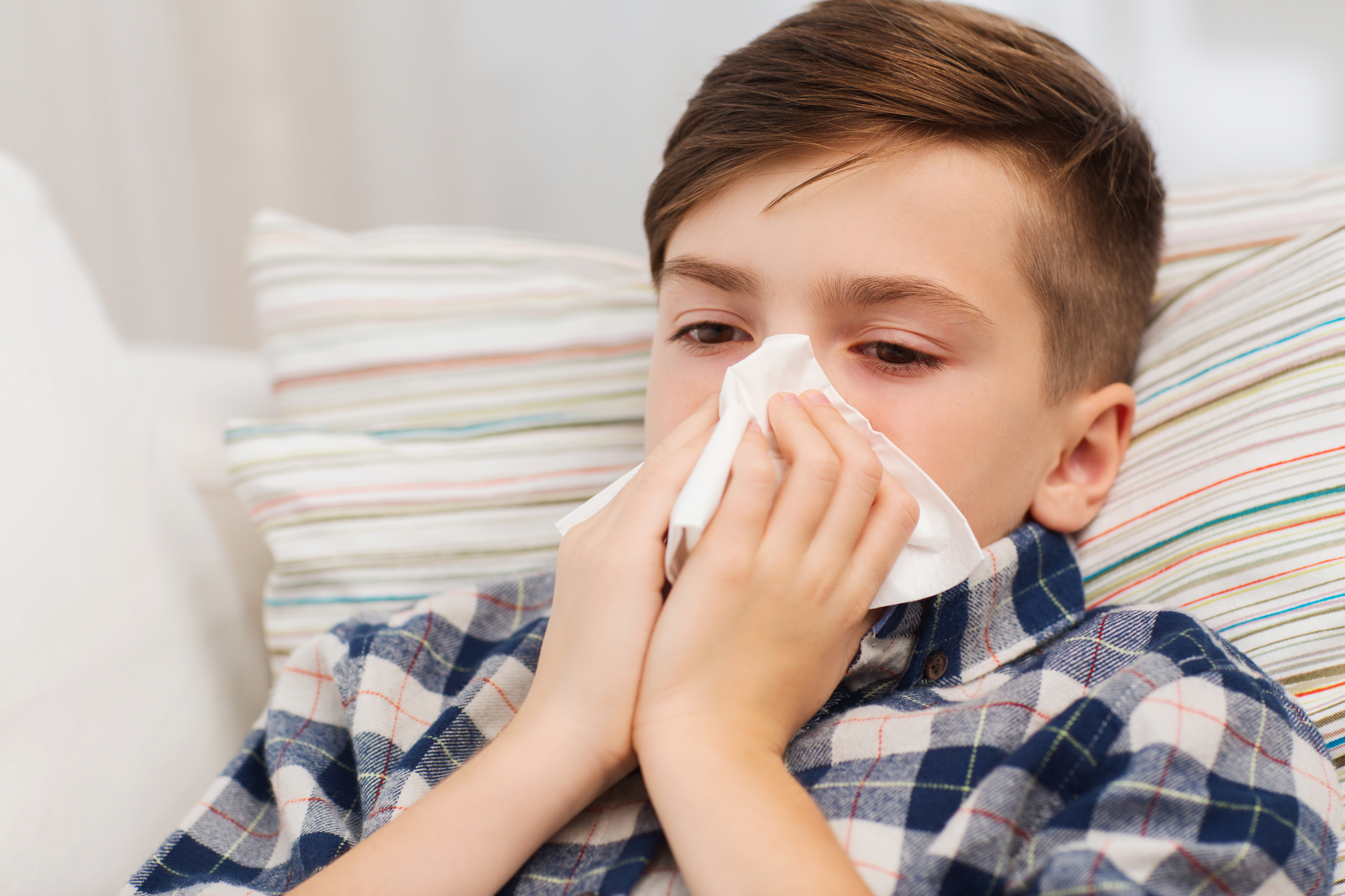 It’s a start of a new year and school is back in session! This means the kids are all stuck in a warm classrooms, locker rooms, and on the court. Unfortunately, while sharing ideas and activities, they are also sharing the germs they have collected from all of the holiday gatherings and travel. As an Athletic Trainer working with high school students I get asked all the time, “should my son/daughter go to school”? Symptom by symptom, here are some guidelines to help you decide whether your child should stay home from school:
It’s a start of a new year and school is back in session! This means the kids are all stuck in a warm classrooms, locker rooms, and on the court. Unfortunately, while sharing ideas and activities, they are also sharing the germs they have collected from all of the holiday gatherings and travel. As an Athletic Trainer working with high school students I get asked all the time, “should my son/daughter go to school”? Symptom by symptom, here are some guidelines to help you decide whether your child should stay home from school:
Fever: If your child’s temperature is 100.4 degrees or higher, keep them at home. While at home, encourage your child to drink plenty of liquids. Your child should be fever-free for 24 hours (without medicine) before returning to school.
Mild Cough/Runny Nose: If there’s no fever, and the child feels fairly good, school is fine.
Bad Cough/Cold Symptoms: Children with bad coughs need to stay home, and possibly see a doctor. It could be a severe cold or possibly bronchitis, flu, or pneumonia. But when the cough improves, and the child is feeling better, then it’s back to school. Don’t wait for the cough to disappear entirely — that could take a week or longer!
Diarrhea Or Vomiting: Keep your child home until the illness is over, and for 24 hours after the last episode (without medicine). Hydration is key to recovery!
Sore Throat: A minor sore throat is usually not a problem, but a severe sore throat could be strep throat even if there is no fever. Other symptoms of strep throat in children are headache and stomach upset. Keep your child home from school, and contact a doctor. Your child needs a special test to determine if it is strep throat. He or she can return to school 24 hours after antibiotic treatment begins.
Earache: The child needs to see a doctor.
Pink Eye (Conjunctivitis): Keep the child home until a doctor has given the OK to return to school. Pink eye is highly contagious and most cases are caused by a virus, which will not respond to an antibiotic. Bacterial conjunctivitis will require an antibiotic; your doctor will be able to determine if this is the case.
Rash: Children with a skin rash should see a doctor, as this could be one of several infectious diseases. One possibility is impetigo, a bacterial skin infection that is very contagious and requires antibiotic treatment. Also, fifth disease is a contagious viral illness spread by coughs and sneezes; it’s no longer contagious by the time rash appears.
But when in doubt, you should always call your physician for advice

— Dennis Thompson, ATC, Founding partner of Excel Therapy Ardmore
